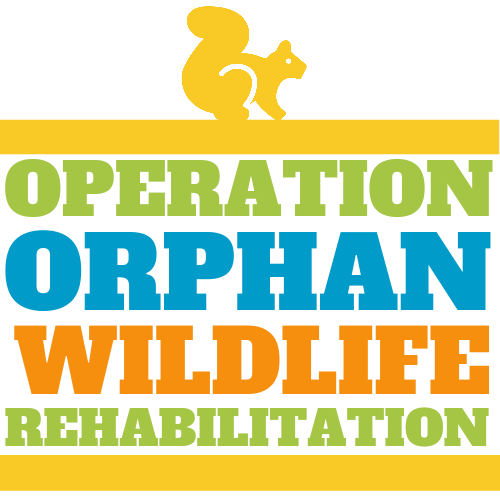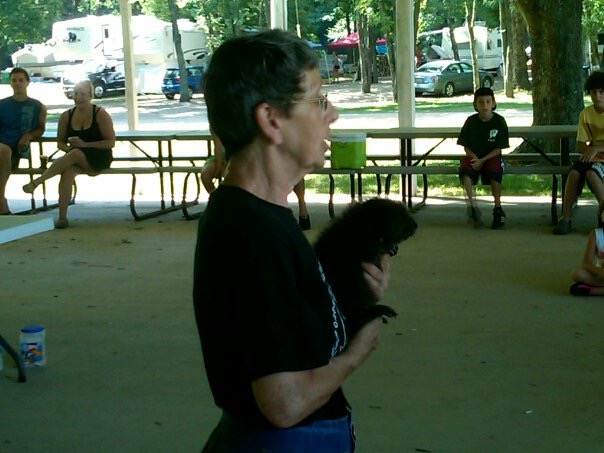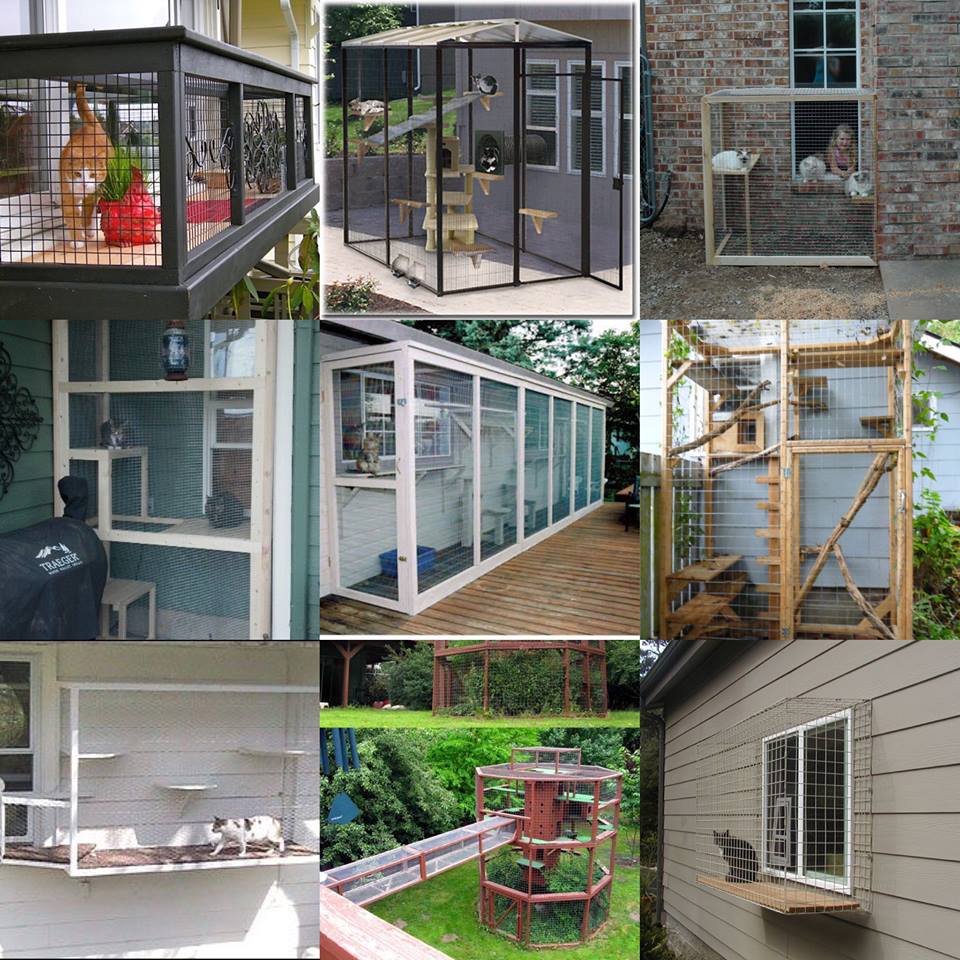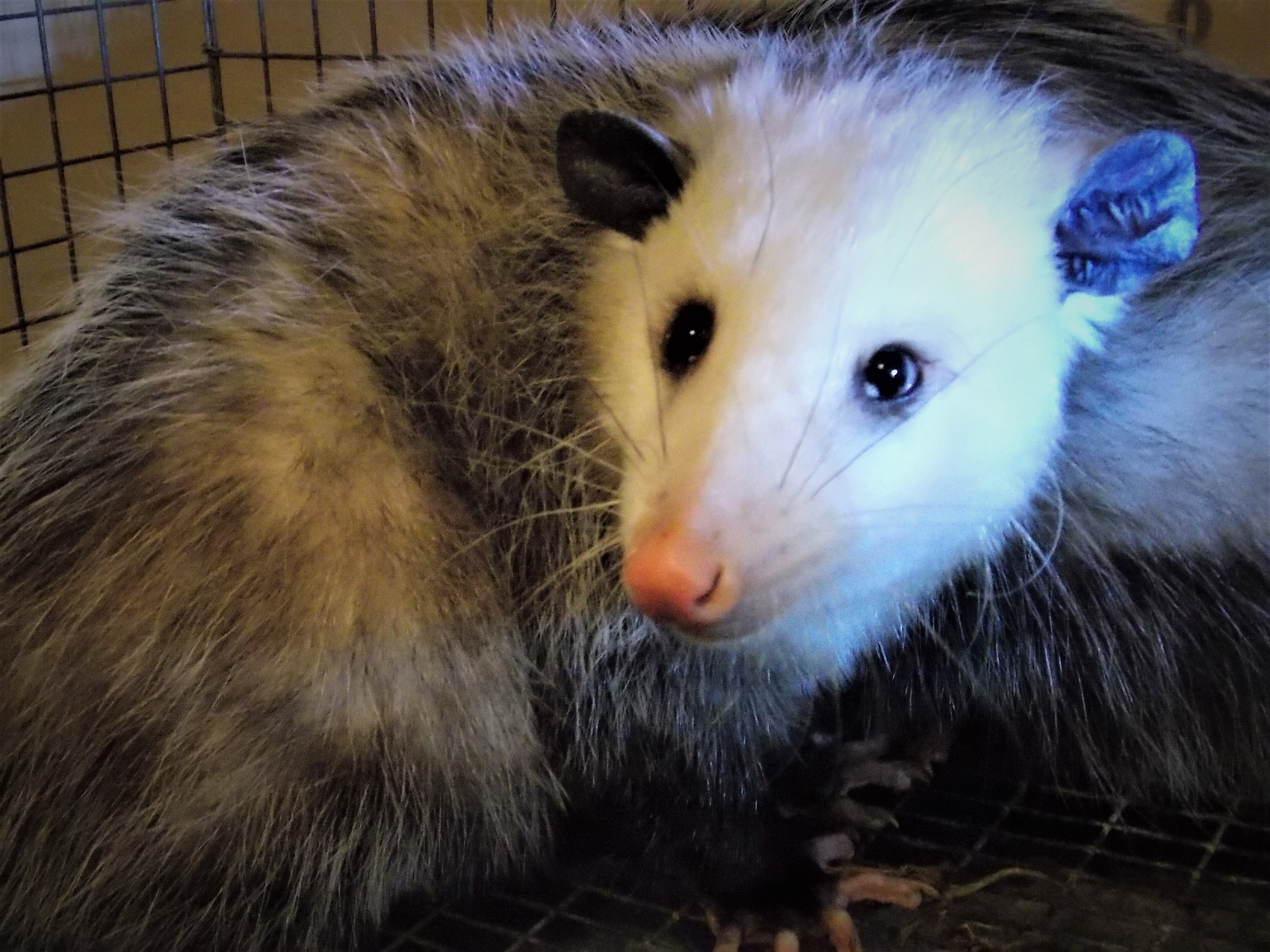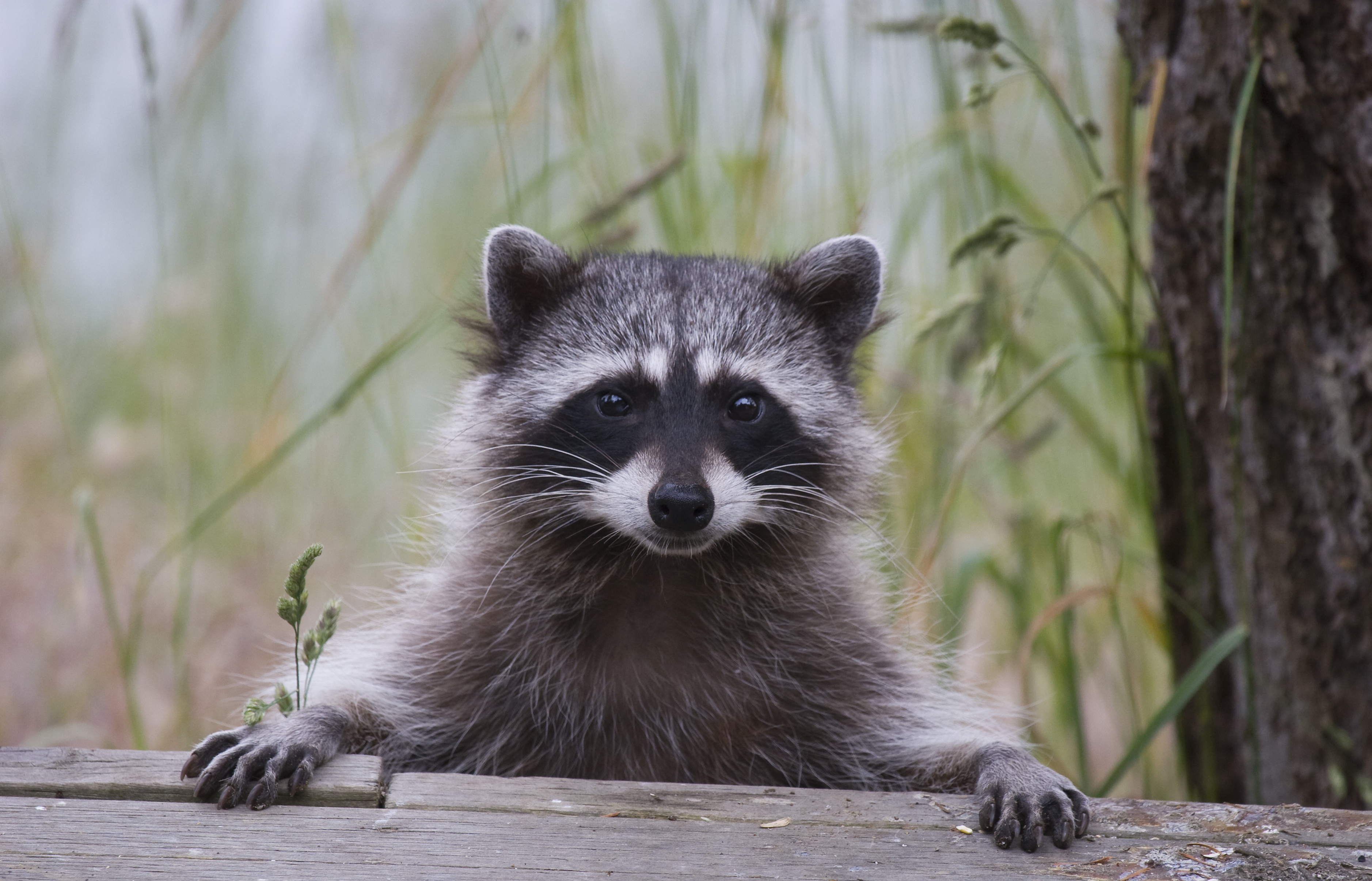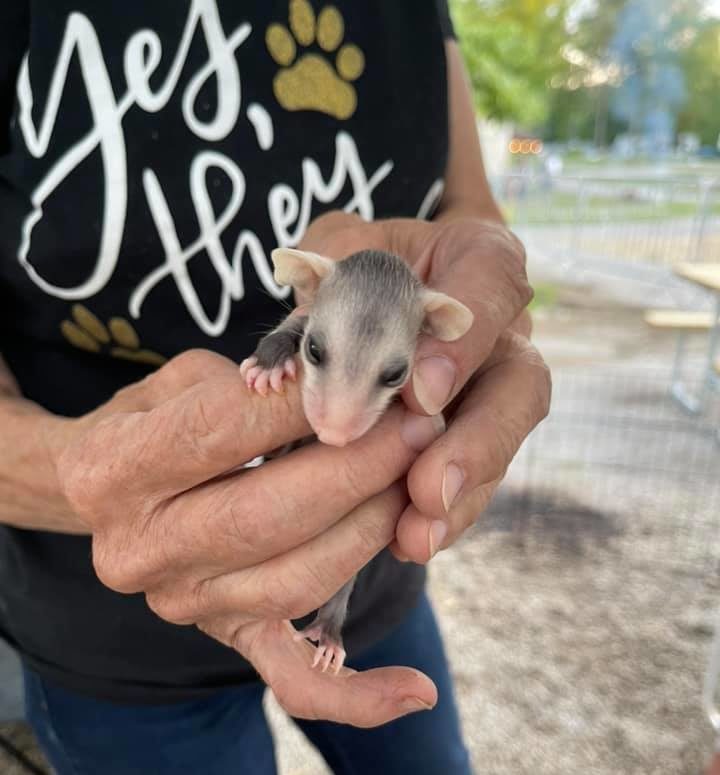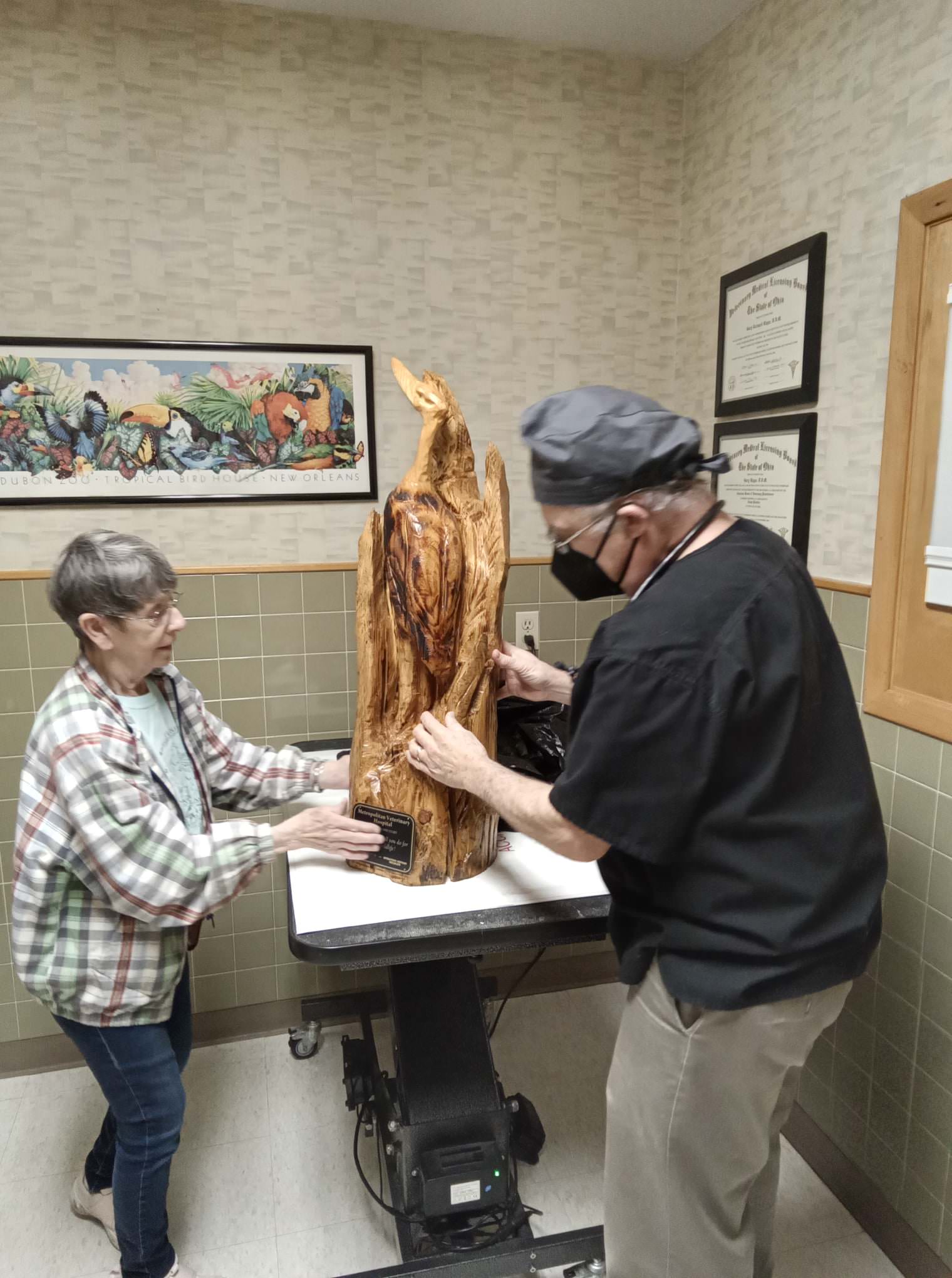Memories
I have made so many memories in all of my years of wildlife work. Some of those memories are good and some are not, but they are all a big part of my life and my biggest motivators. For today’s Throwback Thursday I thought I would ramble a bit on some of those memories.
My first baby animal was a robin I raised for a neighbor. It was a tiny little thing and I really didn’t believe I would be able to save it. After going to the library to study about robins, I successfully raised that little one and released it. It was so rewarding and from that day forward I was hooked.
ALWAYS LEARNING
Oh, believe me, while learning I have made mistakes (I sometimes still do even after 54 years!). What I have never done is underestimate the animals and consequently, I have only been bitten two times in all my years of work. I always give the animals the respect that they deserve.
The first time I was bitten, I had a squirrel that was ready for release. He got away from me, and I grabbed him over the hips instead of at the head and shoulders. He turned around and sunk his teeth into my hand. Boy did that hurt!
The second time, I was bitten by a fox kit. We had a litter of three kits brought in; they had the worst case of mange I had ever seen. I needed to bathe them daily with leather gloves. However, I did not stop to think that those gloves were getting softer after getting wet every day. After the fourth day, those gloves were so soft that I may as well not have had them on. One male kit who really didn’t like the baths turned to me and bit through my glove, puncturing my hand. That is a lesson I have never forgotten.
MOST MEMORABLE
One of my most memorable experiences was the day I taught a porcupine how to swim. At one point, he was frightened and turned upside-down in the water, panicking. I put my fingers on his tummy to turn him upright, and he began swimming. Porcupines are fascinating swimmers: they do not swim doggie-paddle like most animals, but they do what appears to be a breaststroke. This makes sense because by doing a breaststroke, they do not come in contact with their own quills. Anyway, every week for a month, the porcupine and I went swimming together. What a memory, swimming with a porcupine!
I also raised two baby hummingbirds: one of the highlights of my wildlife work. I raised them from one and three days old. It was remarkable that something so tiny and frail could survive without Mom.
We once had a little screech owl that was brought in by Division of Wildlife. Those who found him were releasing birds when they discovered this little owl stuck in the grill of their truck. His wing was shattered, and most veterinarians would have put him down. But not Dr. Riggs; he pieced that little wing back together. After a long recovery, that little owl was released in late spring.
One year we had a goose whose entire top beak was cut off because of fishing line. He was starving. Dr. Riggs gave him an artificial beak, and he had to re-learn how to eat with it. He looked like the Karl Malden of the Goose World, but he was able to eat and survive and was reunited with his mate who was waiting on him (for the full story see previous TBT “A Love Story”).
HEARTBREAK
Sadly, not every experience in my work can have a happy ending. I remember the heartbreak of holding a baby animal in my arms as it died. Sometimes the death is because of human ignorance, sometimes it is because of injuries caused by another animal, and sometimes it is simply because the animal was taken from the mother too soon and lost its will to live.
I cherish my memories, and I put them in my file of life’s lessons. I would like to think that these lessons have given me a greater appreciation for life and the world around me. The wonderful experiences certainly outweigh the not-so-pleasant experiences.
Copyright 2017 Fran Kitchen
Operation Orphan Wildlife Rehabilitation, Inc. is a 501(c)3 Non-Profit Organization and does not receive federal funding. We are supported entirely through private donations, memberships, and proceeds from our education programs. To Donate visit our website here.
